
Gillian Tett, anthropologist and chair of the US editorial board of the Financial Times, has published - in the Guardian - her list of 10 books offering insights into how we structure our lives.
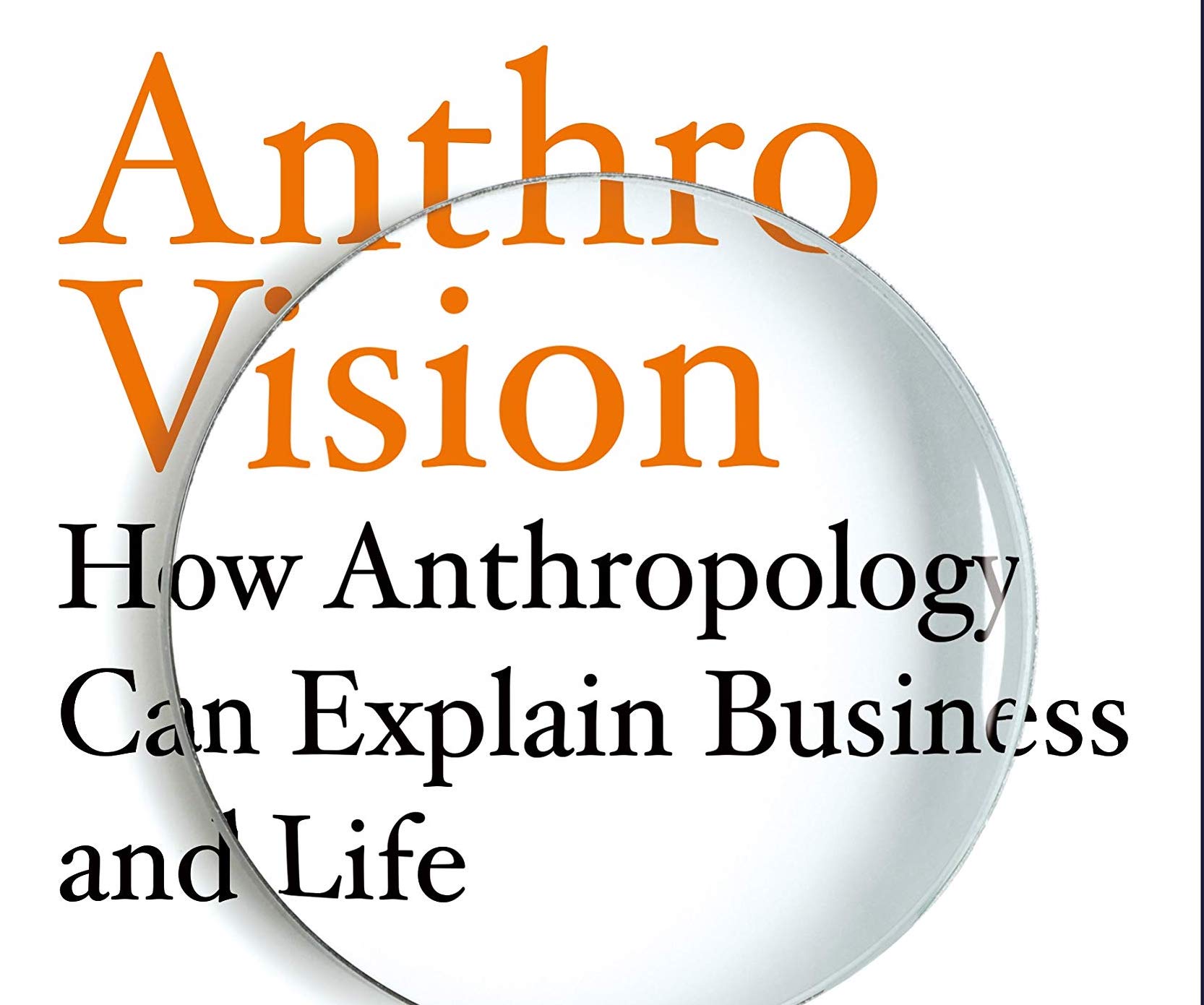
If there’s one simple message for the general reader in her new book Anthro-Vision it is this: the promise and value of anthropology lies in making visible that which is close to hand but ignored. It offers a means to see the world differently.
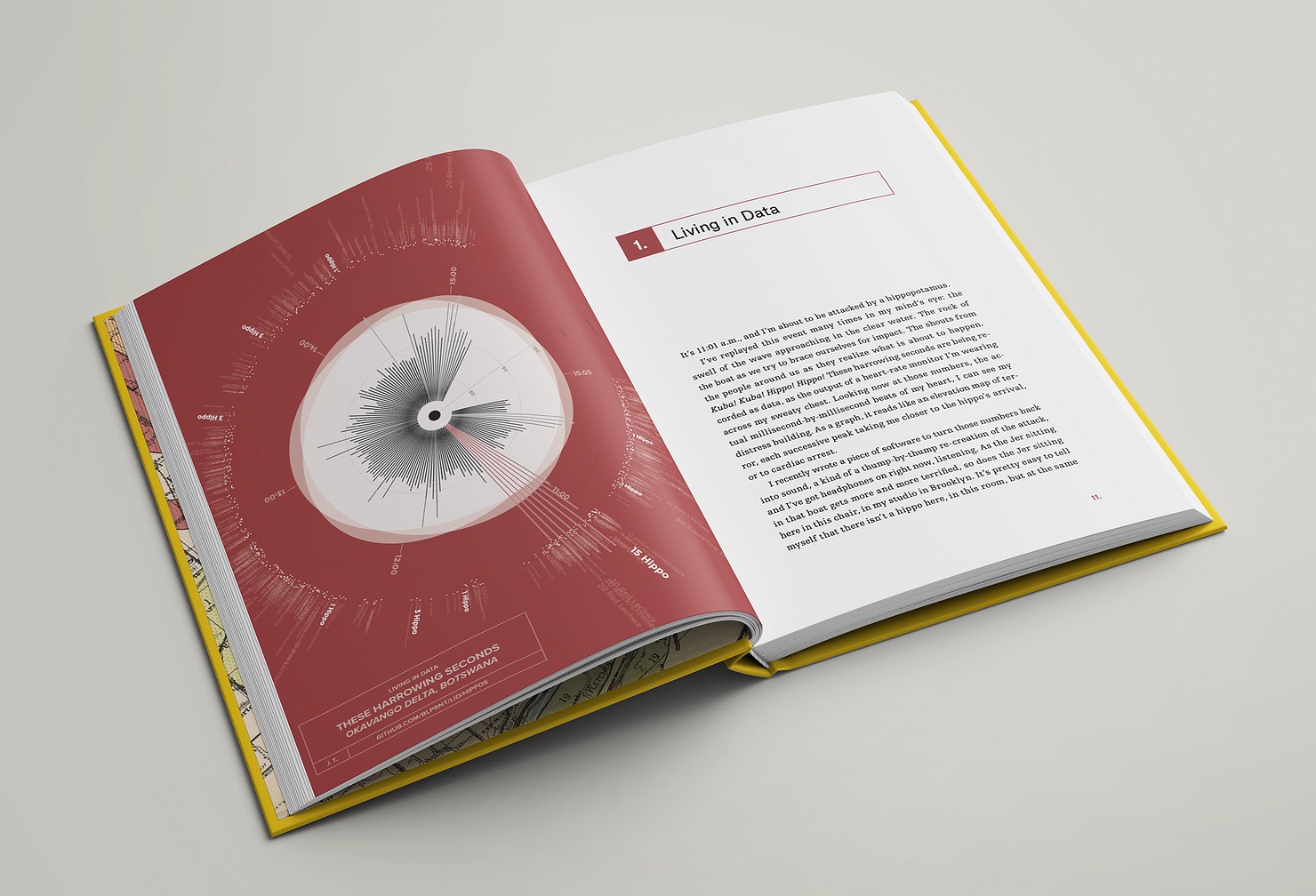
In this provocative book, Jer Thorp brings his work as a data artist to bear on an exploration of our current and future relationship with data, transcending facts and figures to find new, more visceral ways to engage with data.
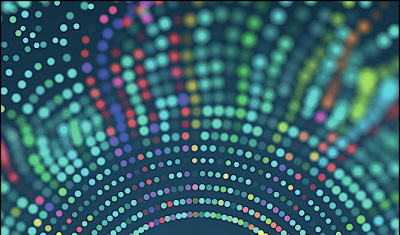
A book about the life of data and living with data.

In an age when the business world is dominated by technology and data analysis, award-winning financial journalist and anthropology PhD Gillian Tett presents a radically different strategy for success: businesses can revolutionize their understanding of behavior by studying consumers, markets, and organizations through an anthropological lens.

Why does the world need anthropology and anthropologists? This collection of essays written by prominent academic, practising and applied anthropologists aims to answer this provocative question.
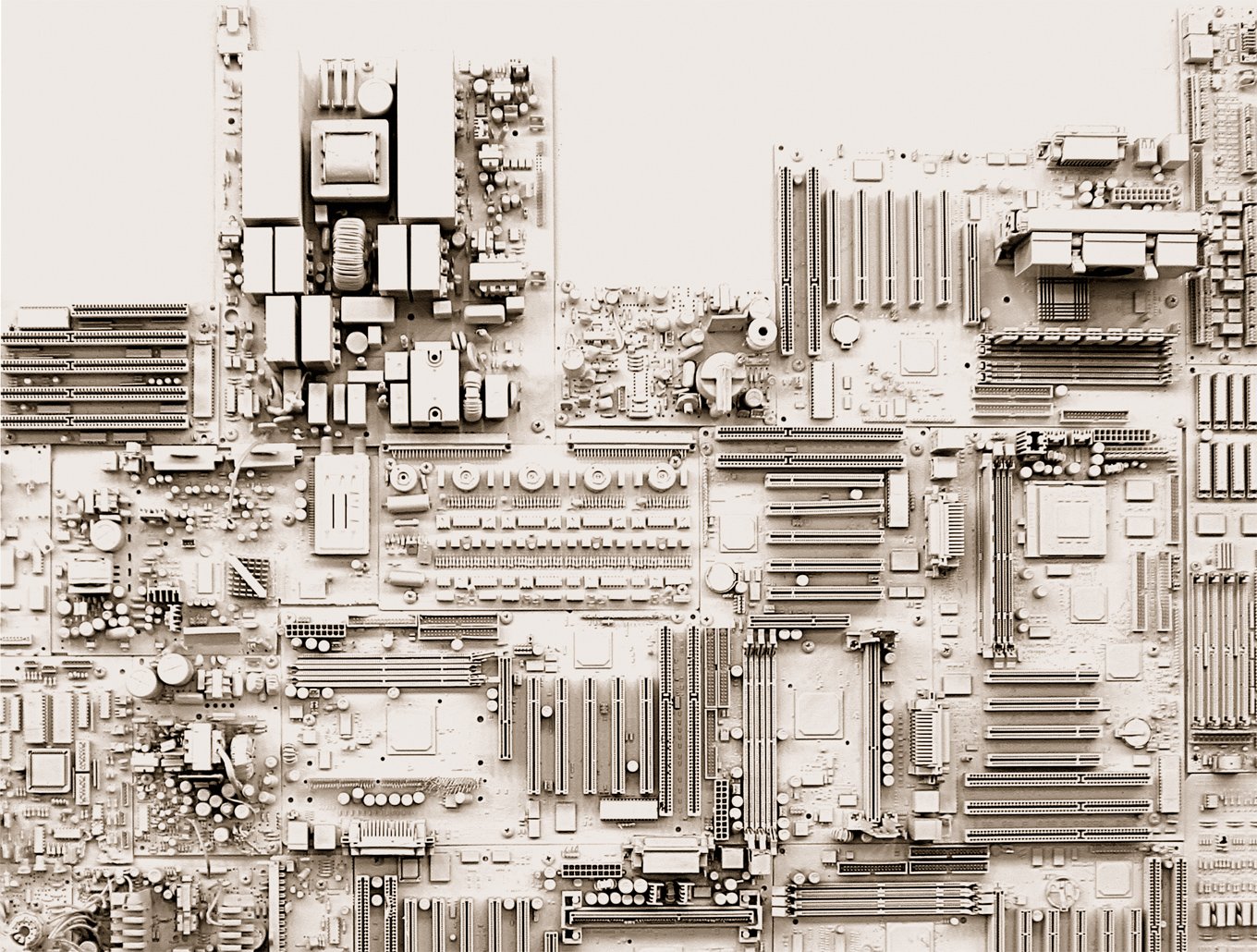
A bold reassessment of "smart cities" that reveals what is lost when we conceive of our urban spaces as computers
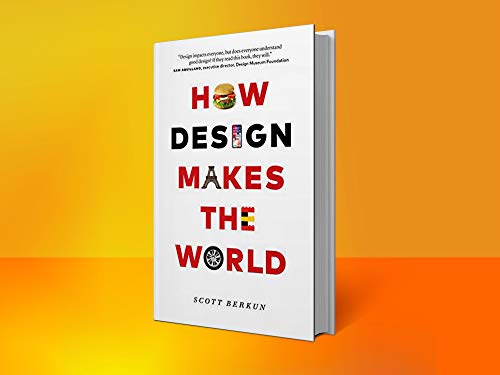
From the airplane armrest to the Facebook “like” button, and everything in between, Berkun shows how design helps or hinders everyone, and offers a new way to think about the world around you.

Annalisa Dominoni presents a new discipline that will have an increasingly strong impact on behavior and performance of astronauts.

Innovation can only occur in the right environment. While organizations can attempt to hire for innovation, there is little that can blossom in a restrictive and discouraging physical setting - even if the space holds the most creative and vibrant thinkers.
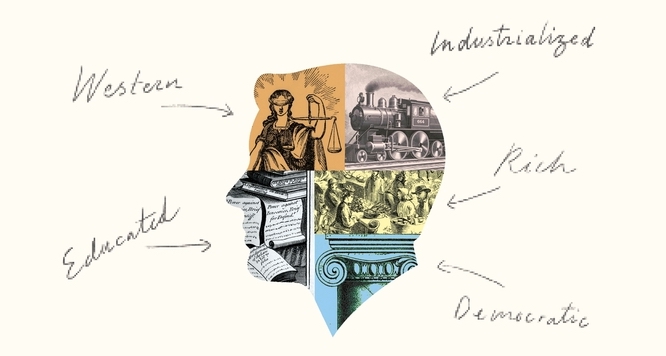
Provocative and engaging in both its broad scope and its surprising details, The WEIRDest People in the World explores how culture, institutions, and psychology shape one another, and explains what this means for both our most personal sense of who we are as individuals and also the large-scale social, political, and economic forces that drive human history.
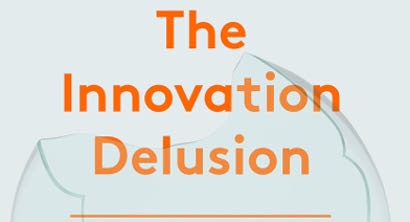
The authors offer a compelling plan for how we can shift our focus away from the pursuit of growth at all costs, and back toward neglected activities like maintenance, care, and upkeep.

Drawing on the ideas of the "slow movement", Slow Computing sets out numerous practical and political means to take back control and counter the more pernicious effects of living digital lives.

Sur la base d'une enquête de terrain menée Genève, Los Angeles et Tokyo, cet ouvrage aborde la dimension proprement anthropologique du smartphone.
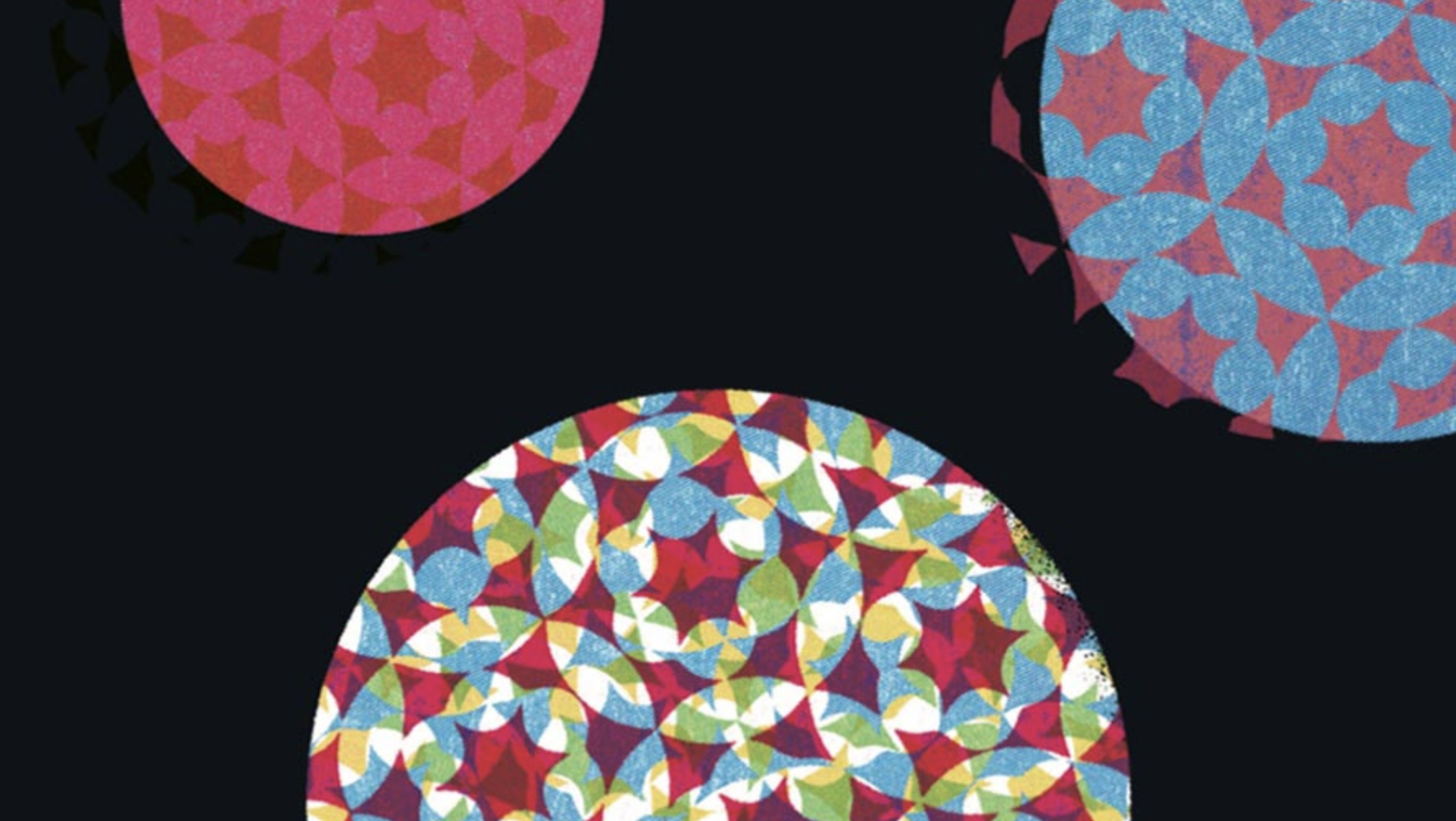
Behavior change design creates entrancing - and effective - products and experiences. Whether you've studied psychology or are new to the field, you can incorporate behavior change principles into your designs to help people achieve meaningful goals, learn and grow, and connect with one another.

The book explores the future of artificial intelligence (AI) through interviews with AI experts and explores AI history, product examples and failures, and proposes a UX framework to help make AI successful.

Published before global movement drew largely to a halt, before the majority of the earth's human population was shut indoors and before words like "virus" and "pandemic" proliferated, this curated collection is today far more than timely.

Almost every aspect of society will change after the pandemic, but if we learn lessons then life can be better. Featuring expert authors from across academia and civil society, this book offers ideas that might put us on alternative paths for positive social change.
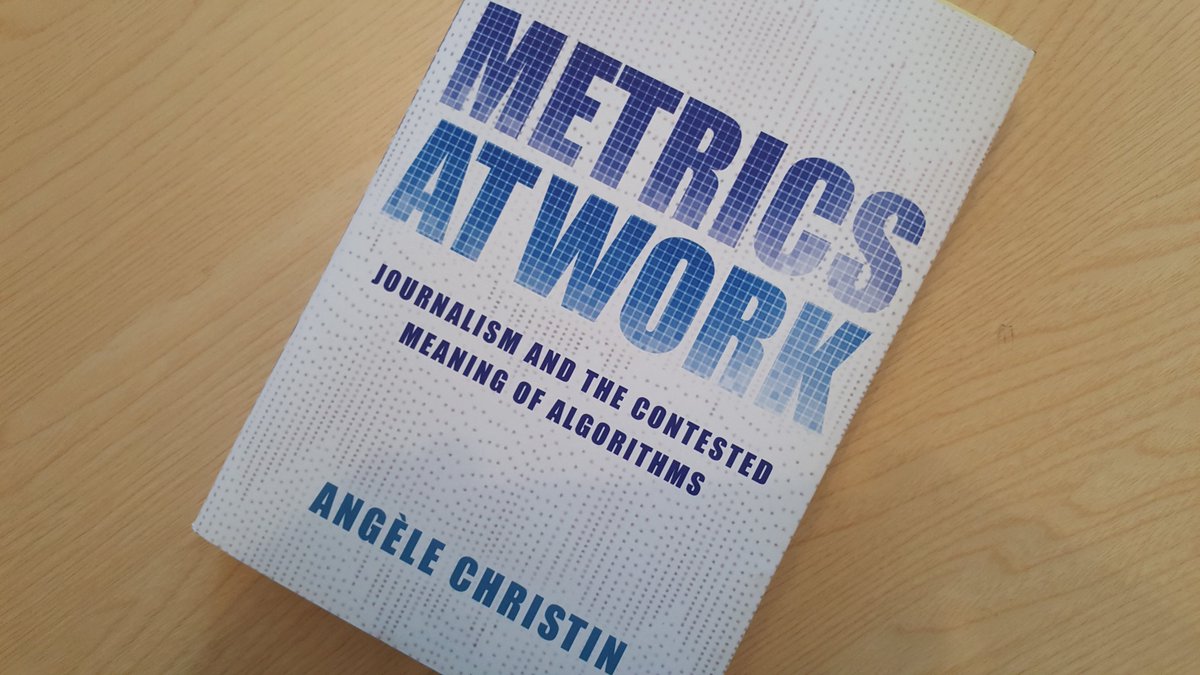
The starkly different ways that American and French online news companies respond to audience analytics and what this means for the future of news.
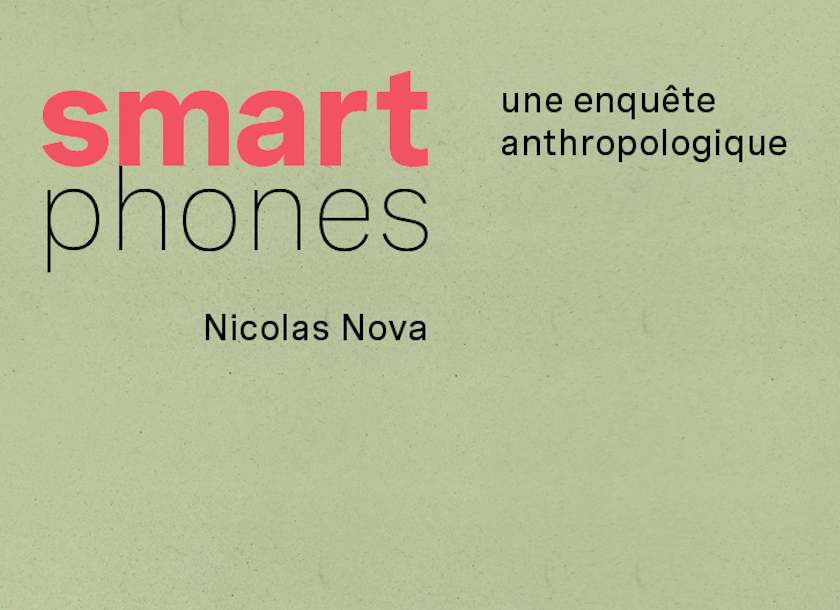
Sur la base d'une enquête de terrain menée à Genève, Los Angeles et Tokyo, cet ouvrage aborde la dimension proprement anthropologique du smartphone.




















